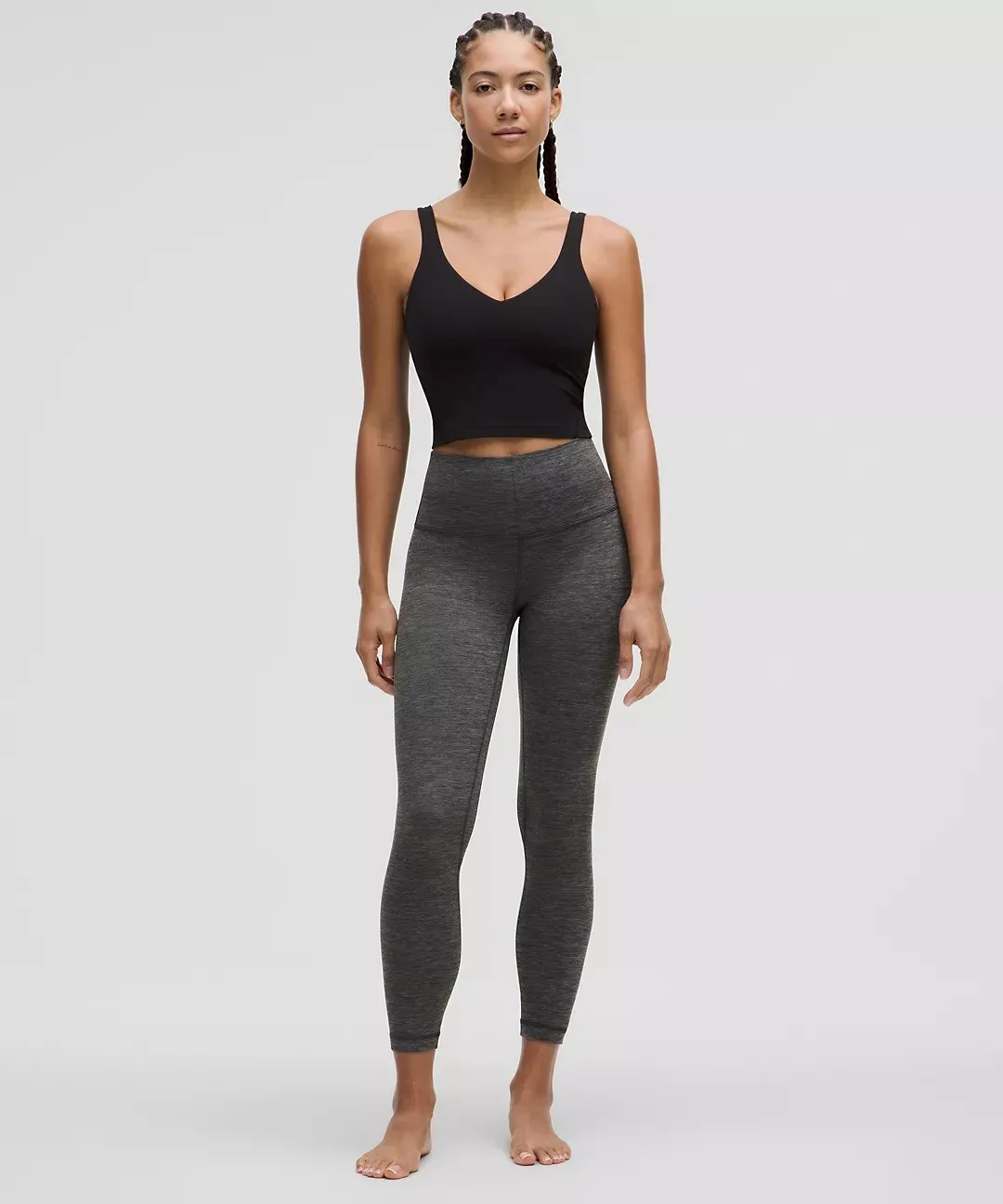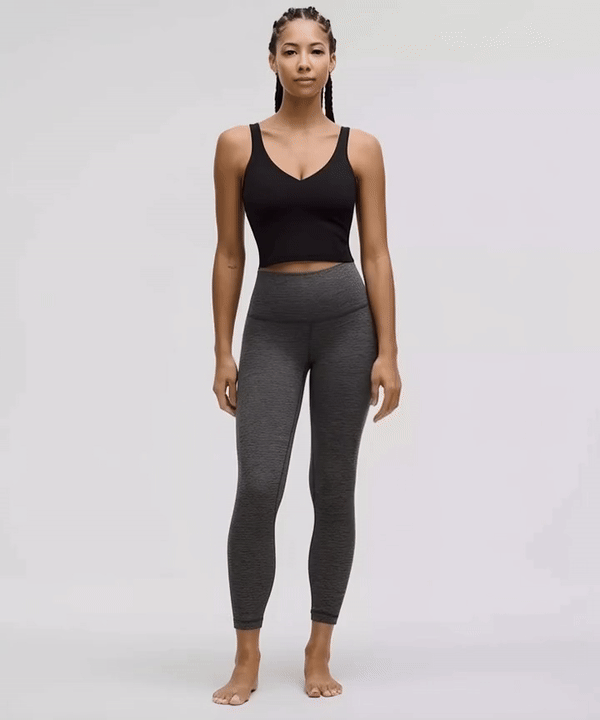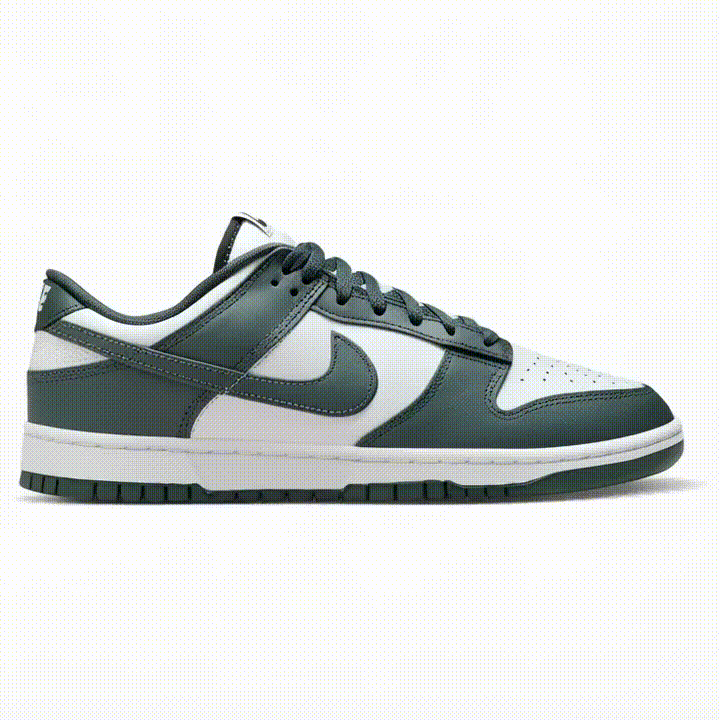Documentation
Introduction
Keak enables websites to self-improve by using AI to generate website variations and then automatically launching A/B tests. When the tests reach statistical significance we use the data collected to fine-tune your model and repeat the process.
How to Launch a New Test
To launch a new test you will need our extension. Once it's installed, visit your website and open the extension. Please note that you will have to sign-in/signup for Keak before being able to use to extension.
Once the extension is open, double-click on any text on your website to either make manual edits or use our AI model to come up with variations for you.
Once that's done, you can now adjust the styling of the element you were modifying. You can adjust the color, font size, alignment and weight from our extension.
When you're happy with your changes, click on the checkmark to save your styling changes.
To launch an A/B test, click on the "test" button in the extension.
You now have to choose what event you want to optimize towards. Keak will track the number of visits to the URL you enter in the "Page URL" field and attribute them to the version of the page your visitor saw to determine the winner. Most of our customers use their thank you page. You can use any page as long as it's lower in the funnel than the page where you are running the test.
How to Share a Preview
You can easily generate and share a preview link of your changes:
Adding a New Domain
When you sign up you will be asked for your domain and we will auto create a workspace for it. Adding additional domains can enable you to segregate access, reporting, and event tracking.
To add a new domain, click on your domain (top right of your screen in the Keak dashboard) and then click on "add domain".
Installing the Tracking Pixel
We will provide you with your Keak pixel after you launch your first test.
To install the Pixel, we highly recommend that you add it between the opening and closing <head> tags on every page where you will be running tests or tracking website visitor actions. Most developers add it to their website's persistent header, so it can be used on all pages.
Placing the code within your <head> tags reduces the chances of browsers or third-party code blocking the Pixel's execution. It also executes the code sooner, increasing the chance that your visitors are tracked before they leave your page.
Here's how to do it:
- Visit the "Pixel" tab in your Keak dashboard
- Copy your tracking pixel
- Paste your tracking pixel in your header.
Statistical Significance
Before a test is considered statistically significant both of these have to be true:
- The current confidence level has to be higher than 95%.
- The amount of impressions on your test has to be higher than the minimum you set.
Keak video
Keak video enables you to transform images into videos directly on your website.
How to use Keak video
- For Keak to be able to insert the video on your website, make sure to have the Keak script placed in the header of your website.
- Make sure you have the latest version of the Keak extension.
- Open the extension and click on an image you want to transform.
- Enter a prompt (scroll for examples of good prompts).
- Wait 1-2 minutes
- Your video has now been generated, either launch an A/B test with the video or download it.
Good prompts
For the best possible generations, describe the action or camera movement you want in the video. The image your are transforming into a video will be used as the base of the video. Short and simple prompts work best.







